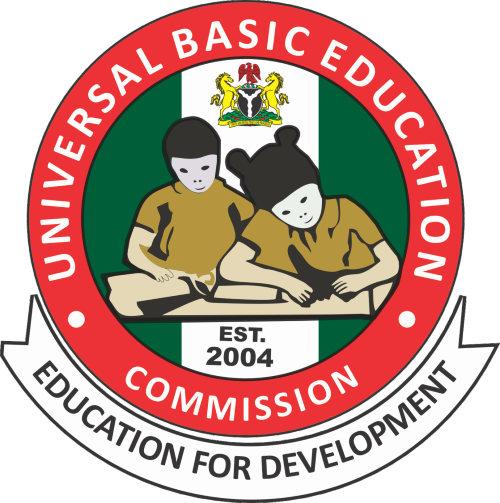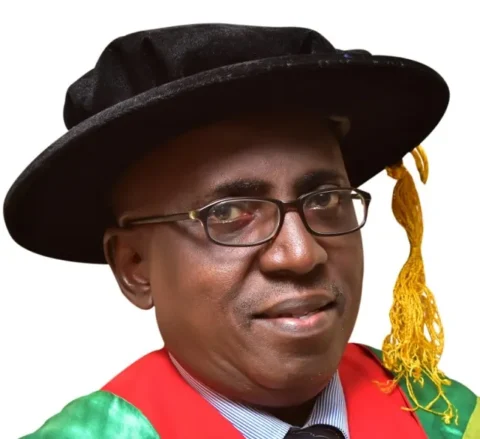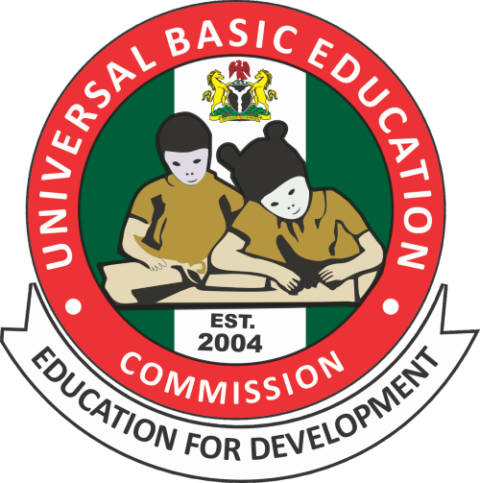The Universal Basic Education Commission (UBEC) has launched a new teacher development program to strengthen moral values in Nigeria’s basic education system. This initiative, announced on Tuesday during a 5-day training session for Master Trainers, aims to tackle the moral challenges in the country’s educational sector.
Reverend Edwin Jarumai, Chairman of UBEC‘s Moral Reorientation and Regeneration Committee, explained the program’s goals and development. It started with forming a dedicated committee that created a detailed concept note. This was followed by an exploratory study in 12 states across Nigeria’s six geopolitical zones, and a stakeholder workshop that gathered various experts and organizations.
The stakeholder workshop emphasized the urgent need to enhance the capacity of teachers and education managers in promoting moral restoration in schools. In response, UBEC, with help from experienced resource personnel, developed a comprehensive manual for moral regeneration and reorientation in basic education schools, along with a handbook for training teachers and educational managers.
The current 5-day training program aims to equip state expert teams with the skills to effectively train selected teachers and education managers from all 36 states and the Federal Capital Territory (FCT). Participants will learn about key components of the manual, delivery methodologies, and real-life case studies. The training also includes classroom activities and supplementary reference materials to ensure a thorough understanding of the subject matter.
Reverend Jarumai highlighted the importance of this initiative by quoting Nelson Mandela: “Education is the most powerful weapon which you can use to change the world.” He emphasized that UBEC’s commitment to moral education is rooted in the UBE Act, which ensures every Nigerian child has access to quality education that promotes both intellectual development and moral integrity.
The program’s launch marks a significant milestone in UBEC’s efforts to restore morality in Nigerian society through the basic education system. Reverend Jarumai urged all stakeholders to support this effort, stressing the collective responsibility in creating a society where children are both academically proficient and morally upright.
This UBEC initiative shows how important schools are in shaping society’s moral values. By developing teachers and providing resources, UBEC hopes to create positive changes that will benefit students, families, and all of Nigerian society.
The program’s success will depend on effective implementation across the country’s diverse educational landscape. It will require sustained commitment from educators, administrators, and policymakers to ensure that moral education principles are consistently applied and reinforced in classrooms nationwide.
As Nigeria faces various social and ethical challenges, initiatives like the UBEC program could be vital in nurturing a generation of morally conscious and ethically grounded citizens. The long-term impact of this initiative on Nigeria’s educational system and society will be closely monitored by educators, policymakers, and social commentators.





